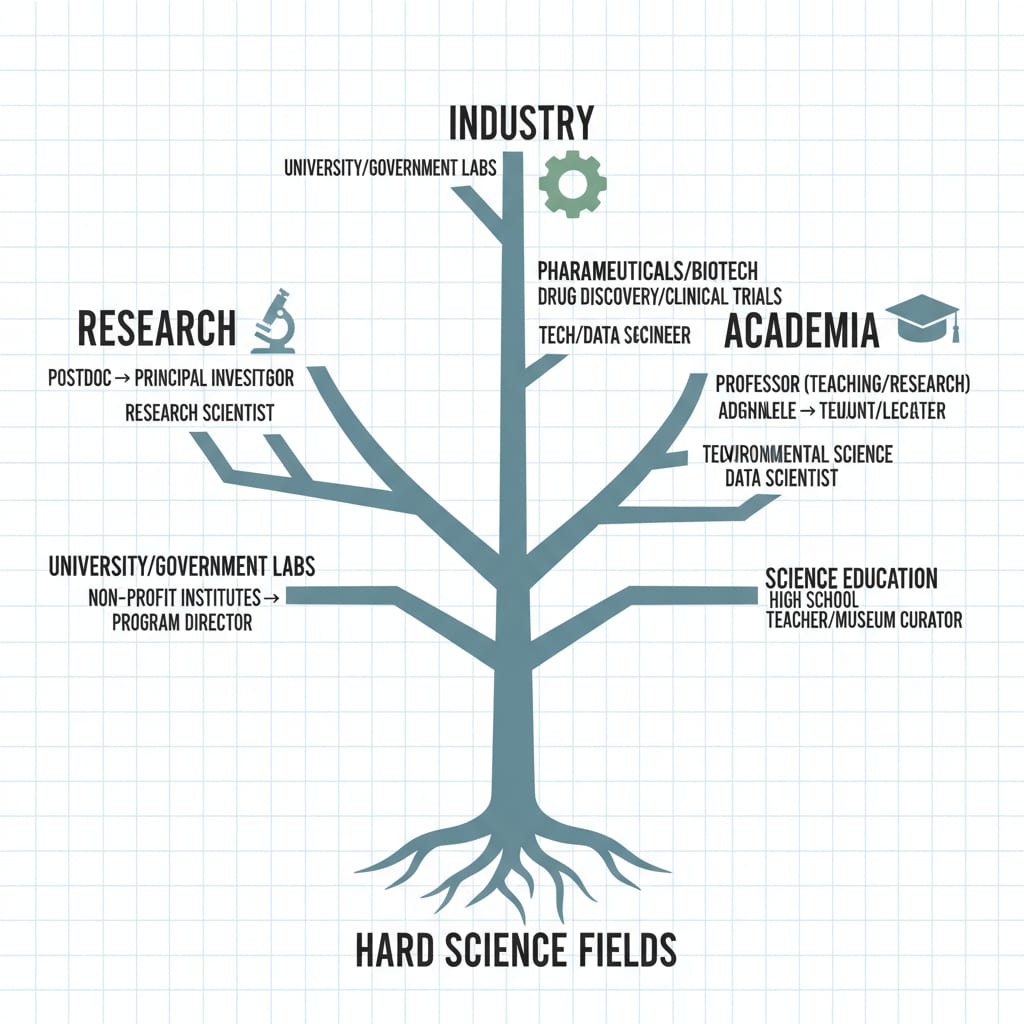Software engineering, major transition, and degree options are crucial topics for students who are considering a shift from the software engineering realm to the hard science fields. For those software engineering students with a newfound interest in hard sciences like physics, chemistry, or biology, the journey may seem daunting but is definitely achievable.

The Motivations behind the Shift
There are several reasons why software engineering students might want to switch to hard science fields. Firstly, intellectual curiosity plays a significant role. Some students find the fundamental principles and natural phenomena in hard sciences fascinating. For example, the study of quantum mechanics in physics or the complex biochemical reactions in biology can be highly appealing. Secondly, career prospects also drive this transition. Hard science fields offer a wide range of job opportunities, from research positions in laboratories to roles in cutting – edge industries such as pharmaceuticals and aerospace. As a result, students see the potential for a more diverse and rewarding career path. Career Choices in Science on Wikipedia

Challenges on the Transition Journey
However, the transition from software engineering to hard science is not without its challenges. One major hurdle is the significant difference in curriculum. Software engineering focuses on programming languages, algorithms, and software development methodologies. In contrast, hard science degrees require a solid foundation in mathematics, physics, chemistry, and biology. For instance, a physics degree typically involves advanced calculus, electromagnetism, and quantum theory. Another challenge is the time and effort required. Catching up on the missing knowledge in hard sciences can be time – consuming, especially for students who are already in the later stages of their academic careers. Academic Challenges in Science Education on Britannica
Degree Options for the Transition
When it comes to making the transition, students have several degree options. One option is to pursue a second bachelor’s degree in a hard science discipline. This allows students to build a comprehensive foundation in the new field. Another alternative is to enroll in a master’s degree program with a bridging course. These bridging courses are designed to help students with a non – relevant background catch up on the essential knowledge. Some universities also offer combined or interdisciplinary programs that blend software engineering with hard sciences, providing a unique approach to the transition.
Readability guidance: As we have seen, understanding the motivations, challenges, and degree options is essential for software engineering students aiming to shift into hard science fields. By carefully considering these aspects, students can make an informed decision and embark on a successful academic and career transition journey.


